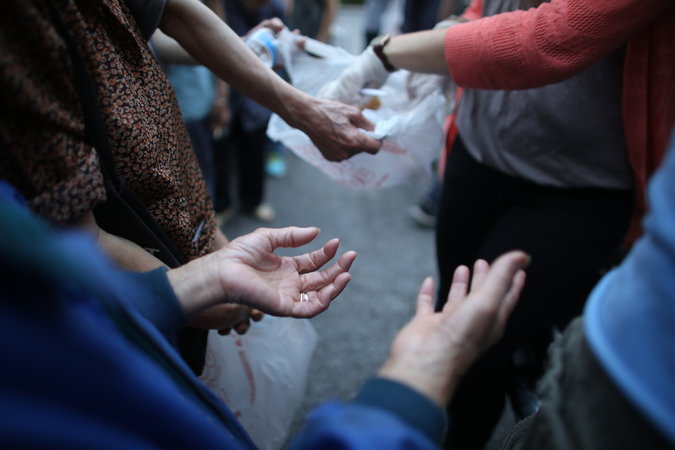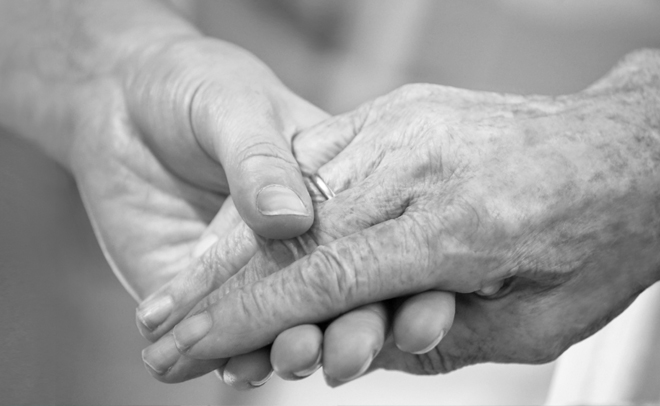DURING this season of giving, I will join millions of Americans in volunteering to feed the homeless, contributing to clothing drives and donating to poverty-fighting charities. Yet I worry that through these acts of kindness, I absolve myself of asking deeper questions about injustice and inequality. We Americans are a remarkably bighearted people, but I believe the purpose of our philanthropy must not only be generosity, but justice.
The origins of formal philanthropy date from at least 1889, when the American industrialist Andrew Carnegie composed his “Gospel of Wealth.” He drafted this intellectual charter at the peak of the Gilded Age, when inequality had reached extreme levels. Carnegie argued, as many still do, that inequality on this scale is an unavoidable condition of the free-market system — and that it was even desirable, if the promise of wealth incentivized hard work. Philanthropy, he believed, would ease the pressure of rising social anxiety that followed from inequality — ameliorating the afflictions of the market without altering the market system itself.
During the 20th century, an entire field of institutional philanthropy emerged and flourished in the pattern of Carnegie’s mold. Iconic American families — Gates, Knight, MacArthur, Mellon, Rockefeller — endowed and expanded foundations that built schools and libraries, developed new vaccines, revolutionized agriculture and advanced human freedom. My own organization, the Ford Foundation, has given billions to support everything from public television in the United States to microlending in Bangladesh.
Our work has been indisputably for the good: Millions of people around the world have access to new tools and resources with which to improve their lives. A few months ago, the World Bank estimated that, for the first time in history, fewer than one in 10 human beings lives in extreme poverty. This is progress.
And yet, for all the advances made in the last century, society’s challenges may have outpaced philanthropy’s resources. Today, the cumulative wealth of the most generous donors seems a pittance compared with the world’s trillions of dollars’ worth of need. Generosity, blooming as it may be from legacies of both Carnegie’s age and the newly enriched, is no longer enough.
The world may need a reimagined charter of philanthropy — a “Gospel of Wealth” for the 21st century — that serves not just American philanthropists, but the vast array of new donors emerging around the world.
This new gospel might begin where the previous one fell short: addressing the underlying causes that perpetuate human suffering. In other words, philanthropy can no longer grapple simply with what is happening in the world, but also with how and why.
Feeding the hungry is among our society’s most fundamental obligations, but we should also question why our neighbors are without nutritious food to eat. Housing the homeless is an imperative, but we should also question why our housing markets are so distorted. As a nation, we need more investment in education, but not without questioning educational disparities based on race, class and geography.
Advertisement
Continue reading the main story
Advertisement
Continue reading the main story
Our self-awareness — our humility — shouldn’t be limited to examining the problems. It should include the structures of solutions, like giving itself. As the Rev. Dr. Martin Luther King Jr. said not long before his assassination, “Philanthropy is commendable, but it must not cause the philanthropist to overlook the circumstances of economic injustice which make philanthropy necessary.” It is, after all, an offspring of the free market; it is enabled by returns on capital.
And yet, too often, we have declined to question our own circumstances: a system that produces vast differences in privilege, and then tasks the most privileged with improving the system.
Whatever our intentions, the truth is that we can inadvertently widen inequality in the course of making money, even though we claim to support equality and justice when giving it away. And while our end-of-year giving might support worthy organizations, we must also ask if these financial donations contribute to larger social change.








